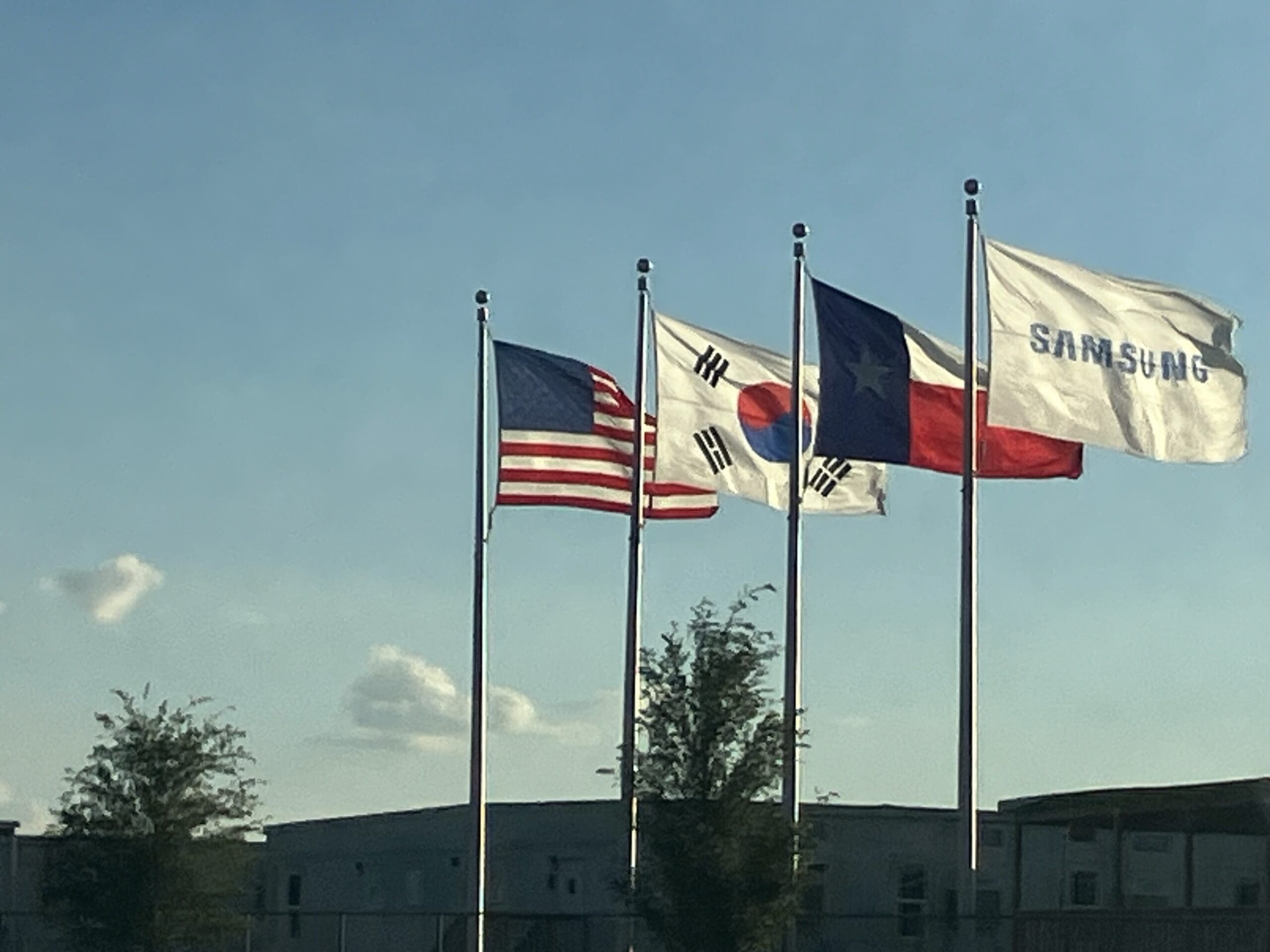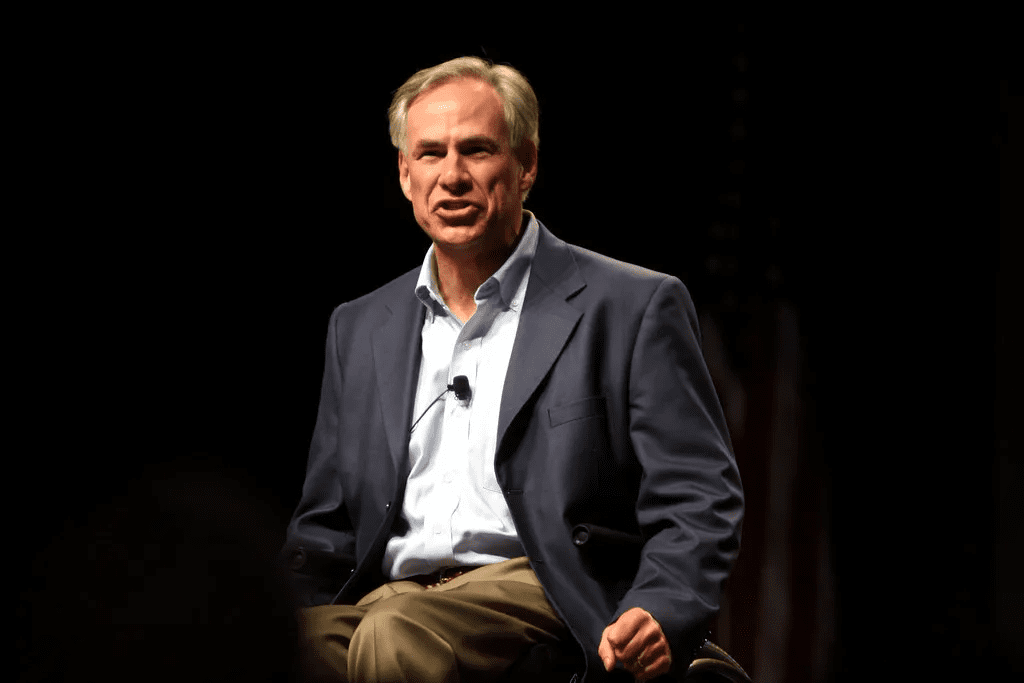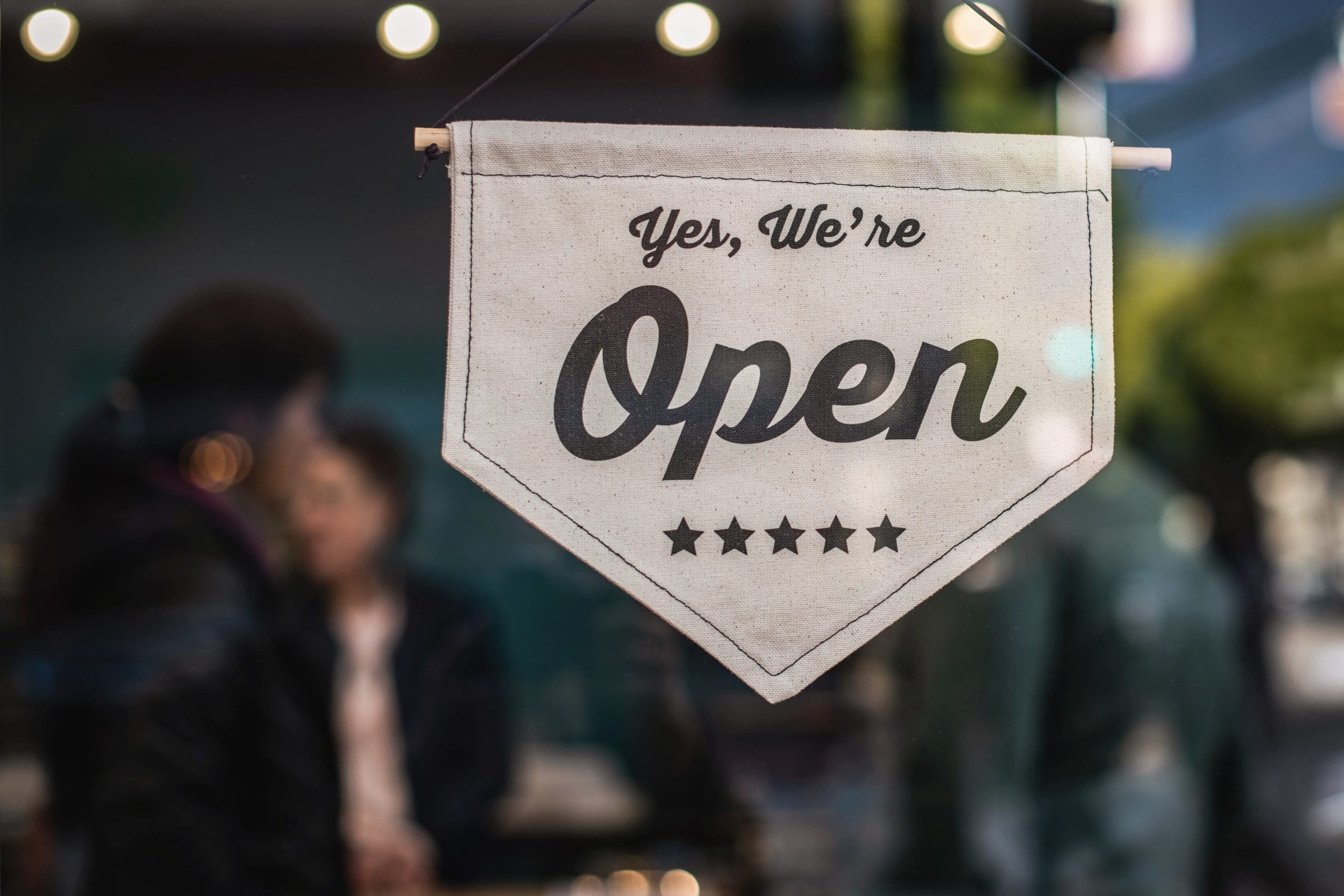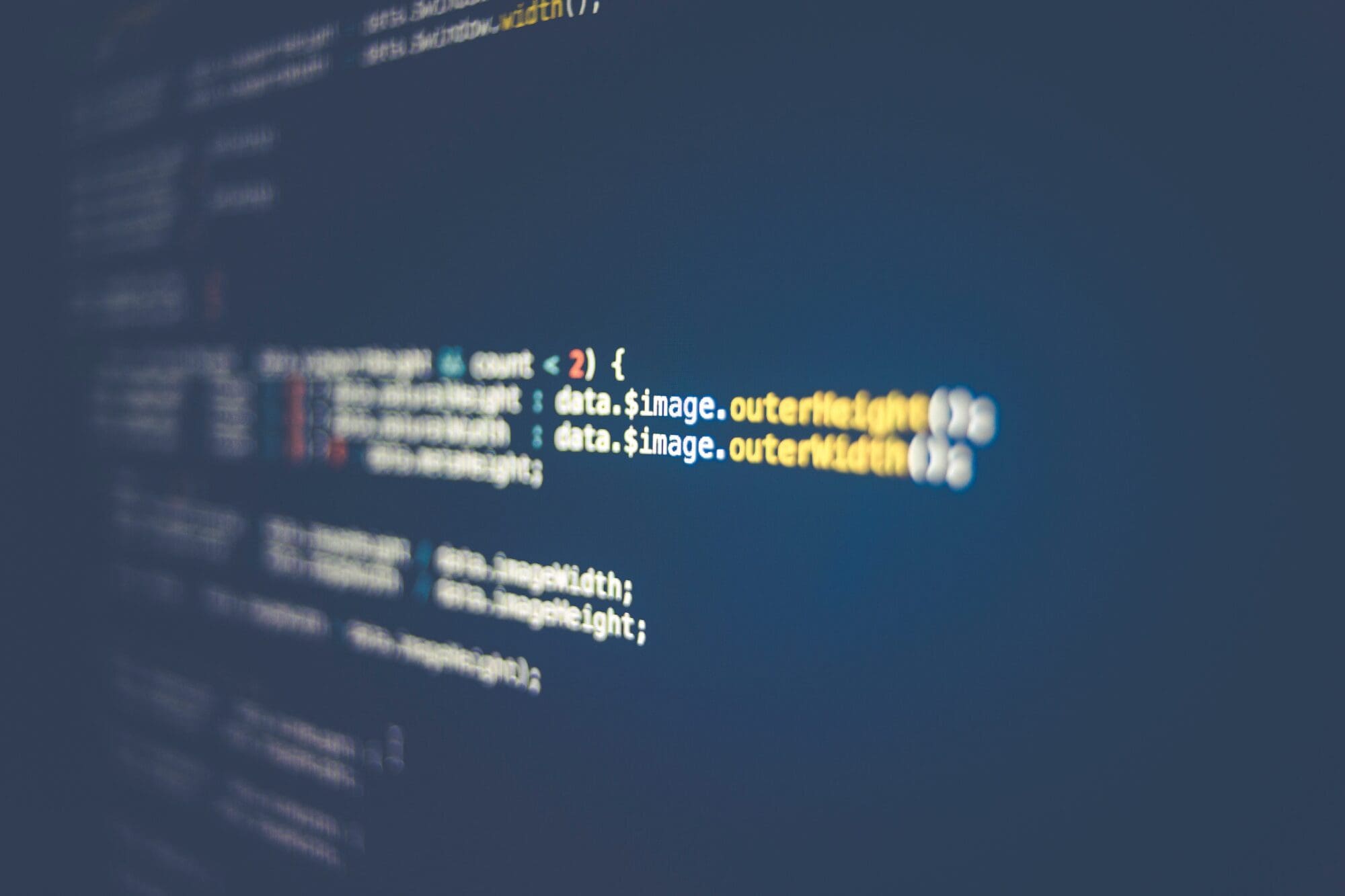A proposed plan to build semiconductors in Taylor, northeast of Austin, has hit a roadblock.
According to Business Korea, output from Samsung’s Taylor plant will be delayed until at least 2026. This is due to what is described as “a significant setback in its advanced foundry operations… [D]espite rapid process development, Samsung faced challenges with the 2nm yield, resulting in lower performance and insufficient mass production capabilities compared to its leading competitor, TSMC.”
KoreaBizWire elaborates on how the company has recalled more than half of its Taylor staff to Korea in recent weeks.
While the slings and arrows of a single semiconductor plant aren’t necessarily dispositive, in this case, the level of subsidies involved gives all Texans (especially those in southeast Williamson County) and all Americans a reason for concern.
The plant in question had previously hit the trifecta, receiving public subsidies at the state, local, and federal levels.
In November 2021, Gov. Greg Abbott announced a payout of $27 million from the Texas Enterprise Fund for the embattled plant.
“Companies like Samsung continue to invest in Texas because of our world-class business climate and exceptional workforce,” said Abbott. “Samsung’s new semiconductor manufacturing facility in Taylor will bring countless opportunities for hardworking Central Texans and their families and will play a major role in our state’s continued exceptionalism in the semiconductor industry. I look forward to expanding our partnership to keep the Lone Star State a leader in advanced technology and a dynamic economic powerhouse.”
A year later, in December 2022, Taylor Independent School District approved a series of Chapter 313 agreements with Samsung. Those agreements could save the company nearly $5 billion in property taxes.
Then, in April 2024, Samsung reached an agreement with the Biden administration to receive up to $6.4 billion in subsidies from the federal CHIPS Act. This was supposed to be the third largest in the nation’s history.
Despite this degree of public largesse, the project is stalled.
While the Texas Legislature has previously expressed umbrage at the Texas Enterprise Fund, lawmakers have never taken action to curtail it. In addition, they revived the 313 program (and extended it for a decade) in their 2023 session. The CHIPS Act subsidies, for their part, are expected to continue regardless of whether Donald Trump or Kamala Harris wins the presidency.





